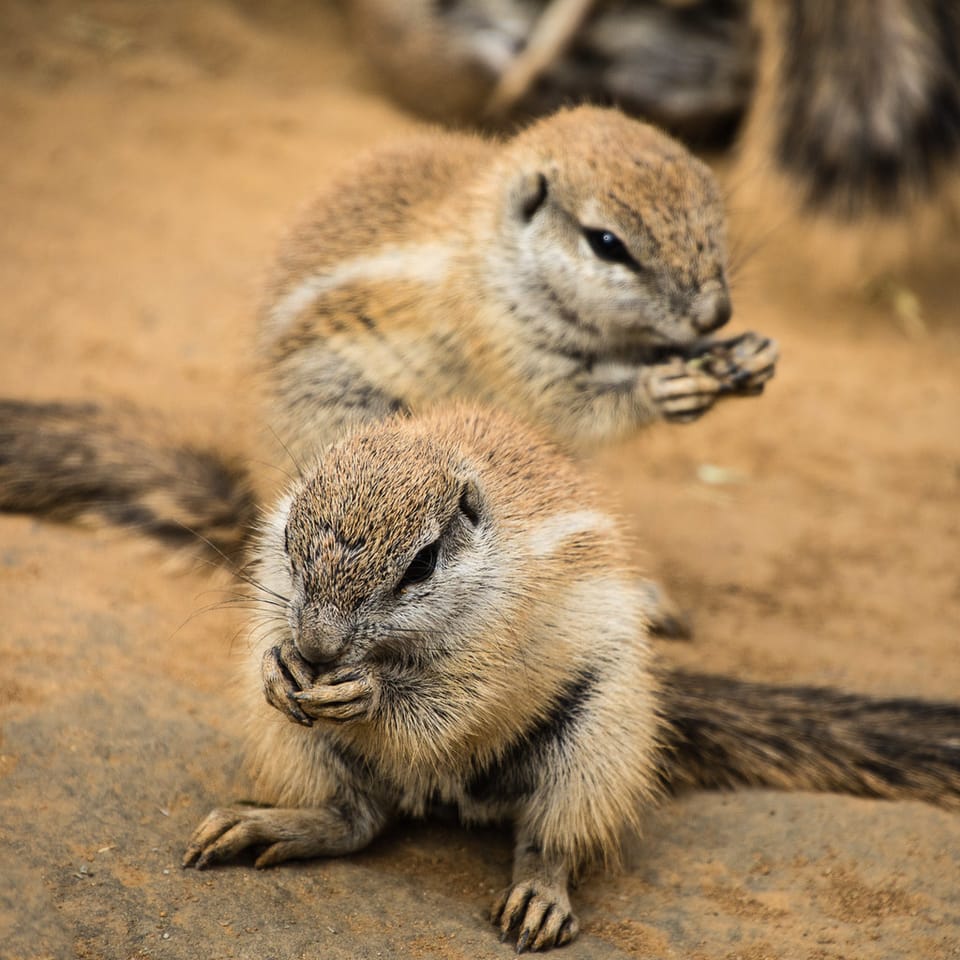EcoWest News, July 12, 2022

Welcome to EcoWest News, a weekly round-up of news and resources that you can put to use in addressing environmental issues and protecting the wild in your community.
Transportation
In a typical community, 20-40% of travellers are looking for non-auto travel options, some if not all of the time. And yet funding continues to be directed primarily towards automobile travel. The article provides a business model to support multimodal transportation planning. [Planetizen]
Amazon is replacing thousands of van deliveries across London, UK, with e-cargo bikes, on-foot delivery staff, and electric vehicles. [The Guardian]
Agriculture
Some researchers think that replacing annual grains with perennial ones such as Kernza would be an antidote to intensive agriculture. But agronomists doubt that Kernza can yield sufficient grain without requiring more land. [Undark]
Mining
Not only will deep-sea mining dredge up the sea floor; it will also create a lot of noise – noise at all levels, 24/7, disturbing marine life up to 500 kilometres away. [The Verge]
Urban Green
“Green space and water mean cooler cities … And since trees take a while to grow, the time for big investments in urban trees is now.” [Earthbound]
100 Greater Victoria homeowners are participating in a 7-month program to convert their yards back to Garry oak ecosystem habitat. “We don't have enough conservation areas to preserve biodiversity … We really need to make better use of our human dominated landscapes.” [Capital Daily]
Forests
Brazil provides evidence that nature has the ability to restore forests unaided. “Allowing nature to choose which species predominate ... allows for local adaptation and higher functional diversity,” regaining up to 80% of species diversity within 20 years and 100% in 50 years. [Rewilding, excerpted from A Trillion Trees: Restoring Our Forest by Trusting in Nature by Fred Pearce]
On the Bookshelf
An article about swamps by Annie Proulx, whose upcoming book, Fen, Bog & Swamp: A Short History of Peatland Destruction and Its Role in the Climate Crisis, will be published in September: “It is in and around wetlands that the greatest blossoming of biodiversity has occurred—it is not too much to say that we owe our existence to this planet’s wetlands, including fens, bogs, and swamps. Our wholesale destruction of wetlands for the sake of a few decades of growing wheat, rice, soy, and palm oil has been breathtakingly short-sighted. Once again, we are shocked into recognition that most of us live only for the moment.” [The New Yorker]
Photo credit: https://www.flickr.com/photos/apmckinlay/52183705815/
EcoFriendly West informs and encourages initiatives that support Western Canada’s natural environment. Like us on Facebook, follow us on Twitter, or subscribe by email.

Member discussion